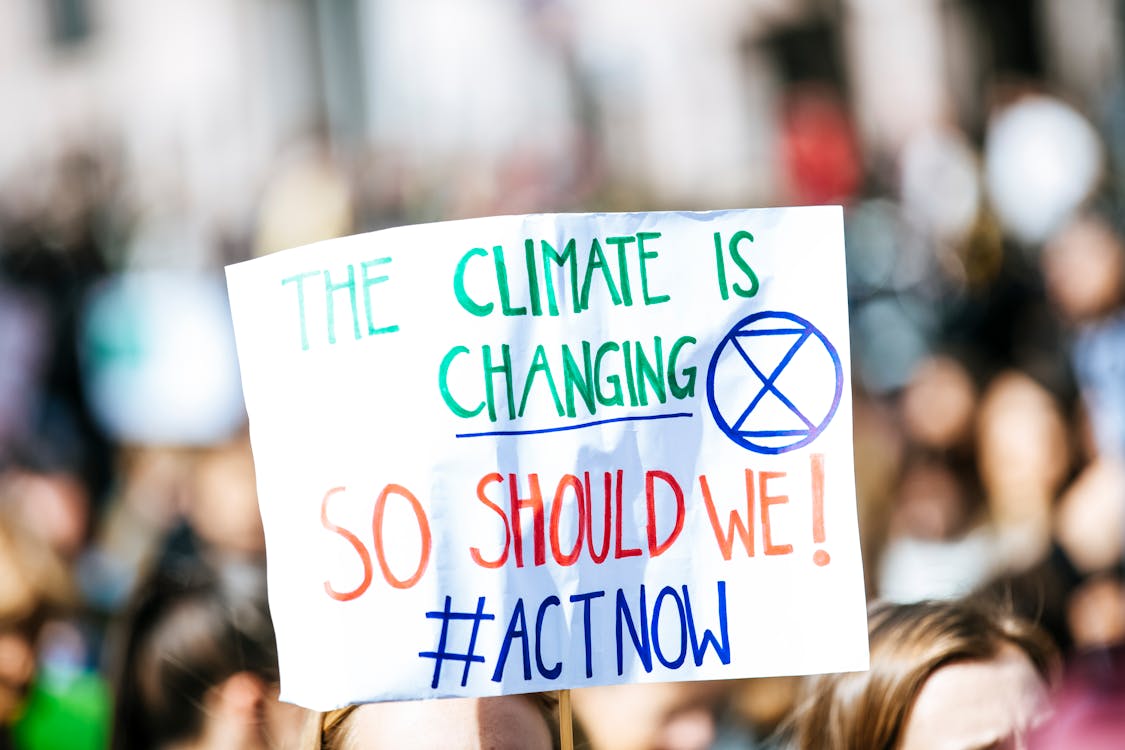Climate
change is one of the most significant challenges facing the world today. The
impacts of climate change are already being felt across the globe, with rising
sea levels, more frequent and severe weather events, and ecosystem disruptions.
Addressing climate change requires a coordinated effort from governments,
businesses, and individuals worldwide. In this blog article, we will discuss
the importance of climate policy, from national commitments to global cooperation.
National
Commitments
The Paris
Agreement, signed in 2015, is a landmark international agreement to combat
climate change. Under the agreement, 197 countries committed to limiting global
warming to well below 2°C above pre-industrial levels, with a target of 1.5°C.
To achieve this goal, countries committed to reducing their greenhouse gas
emissions and transitioning to a low-carbon economy.
National
commitments are critical in addressing climate change because they set the
foundation for action at the country level. Governments can implement policies
and programs to reduce emissions, promote renewable energy, and improve energy
efficiency. For example, many countries have implemented carbon pricing
mechanisms, such as carbon taxes or cap-and-trade systems, to incentivize
emissions reductions. Other policies include renewable energy targets, energy
efficiency standards for buildings and appliances, and incentives for electric
vehicles.
Global
Cooperation
While
national commitments are essential, addressing climate change requires global
cooperation. Climate change is a global problem that requires a coordinated
effort to solve. Countries must work together to share knowledge, resources,
and expertise to accelerate the transition to a low-carbon economy.
International
Cooperation
can take many forms, such as technology transfer, capacity-building, financial
assistance, and joint research and development. For example, developed
countries can provide financial and technical assistance to developing
countries to help them transition to a low-carbon economy and adapt to the
impacts of climate change. This can include investments in renewable energy,
energy efficiency, and climate-resilient infrastructure.
In addition
to international cooperation, multilateral institutions play a crucial role in
addressing climate change. The United Nations Framework Convention on Climate
Change (UNFCCC) is the primary international treaty governing climate change.
The UNFCCC provides a platform for countries to negotiate and cooperate on
climate change issues, and it has led to the adoption of several important
agreements, including the Paris Agreement, which aims to limit global
temperature rise to well below 2 degrees Celsius above pre-industrial levels.
Other
important multilateral institutions include the Green Climate Fund, which helps
developing countries reduce their greenhouse gas emissions and adapt to the
impacts of climate change, and the Intergovernmental Panel on Climate Change
(IPCC), which provides scientific information and advice to governments on climate
change.
However,
effective action on climate change also requires action at the national and
local levels. Governments can implement policies and regulations to reduce
greenhouse gas emissions, such as carbon pricing or renewable energy targets.
Businesses can also play a role by reducing their own emissions and investing
in low-carbon technologies. And individuals can make changes in their own
lives, such as reducing energy consumption or using public transportation.
Ultimately,
addressing climate change will require a collective effort at all levels, from
international cooperation to individual action. By working together, we can
mitigate the impacts of climate change and ensure a sustainable future for
generations to come.

إرسال تعليق